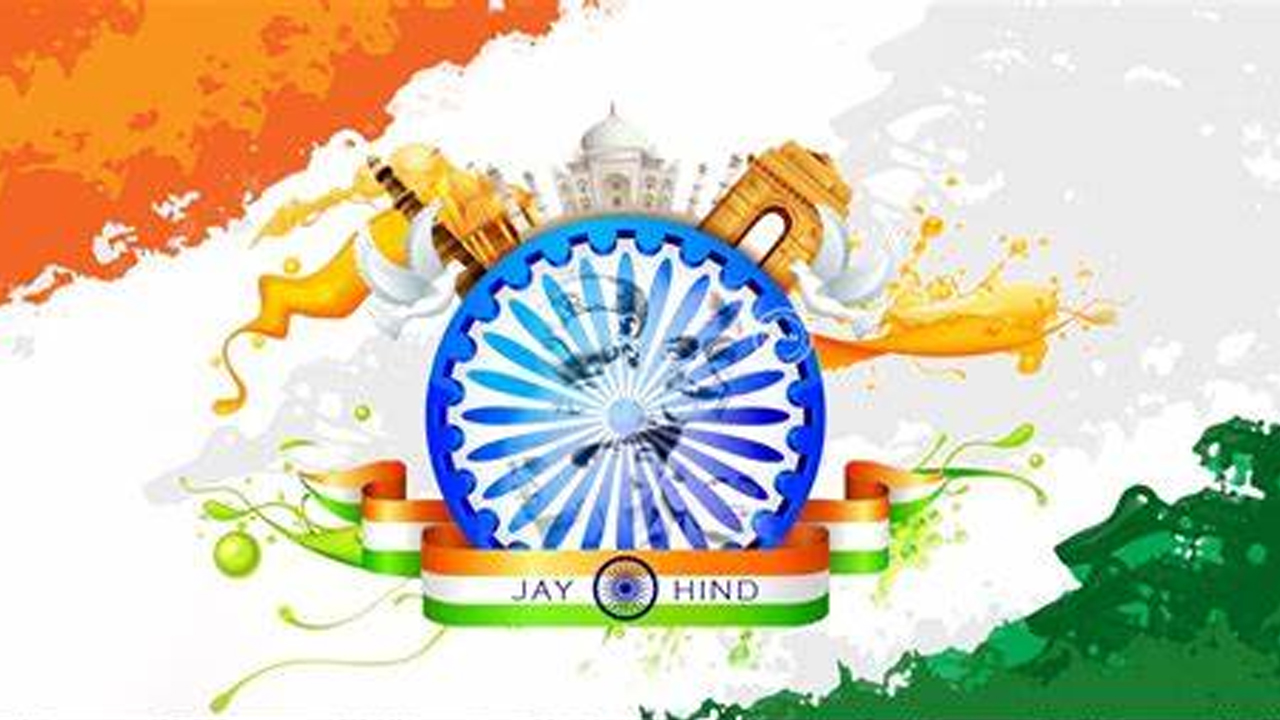Introduction:
India's struggle for independence from British colonial rule in 1947 marked a watershed moment in history. The liberation of the Indian subcontinent not only granted freedom to a vast population but also set in motion a series of events that led to the formation of several countries. While India's independence was a triumph for democracy and self-determination, it also brought about a multitude of complex challenges and problems. This article delves into the post-independence era, exploring how India's freedom led to the creation of more nations and the subsequent issues that arose.
The Partition:
The immediate consequence of India's independence was the partition of the Indian subcontinent into two separate nations: India and Pakistan. The division was based on religious lines, with India becoming a predominantly Hindu-majority nation and Pakistan, comprising two regions, East Pakistan (later Bangladesh) and West Pakistan, emerging as an Islamic state. The partition, though intended to ensure harmony between religious communities, resulted in one of the largest mass migrations in human history, accompanied by horrific violence and communal clashes. Millions were displaced, and the communal tensions sparked conflicts that have left lasting scars.
Formation of Bangladesh:
The partition of 1947 sowed the seeds for further divisions, leading to the formation of Bangladesh. East Pakistan, geographically separated from West Pakistan, experienced economic and political disparities that fueled discontent among its people. In 1971, after a brutal war of independence, East Pakistan emerged as an independent nation, Bangladesh. Although the liberation of Bangladesh was a significant achievement for self-determination, it further highlighted the complexities and challenges posed by the partition.
Kashmir Issue:
Another enduring problem stemming from India's independence is the territorial dispute over the region of Kashmir. Following the partition, Kashmir, a region with a Muslim-majority population, became a contentious zone claimed by both India and Pakistan. The dispute has resulted in multiple conflicts between the two nations, including three major wars and numerous border skirmishes. The Kashmir issue remains a significant challenge, with political, social, and human rights implications that continue to impact the region and strain diplomatic relations.
Ethnic and Regional Divisions:
India's independence also gave rise to various ethnic and regional divisions that have posed ongoing challenges for the nation. The diversity within the country, encompassing numerous languages, religions, and cultural traditions, has at times led to tensions and conflicts. Issues related to language, caste, and regional disparities have persisted, requiring the Indian government to navigate complex socio-political dynamics to maintain unity and harmony.
Economic Development and Social Inequality:
While India's independence brought newfound political freedom, it also presented significant economic challenges. The country faced the daunting task of nation-building, addressing poverty, and promoting economic development. Over the years, India has made substantial progress in various sectors, including agriculture, industry, and technology. However, it continues to grapple with significant socio-economic disparities, income inequality, and the need to uplift marginalized communities.
Conclusion:
India's independence from British rule played a pivotal role in shaping the destiny of not only the Indian subcontinent but also neighboring countries. The partition and subsequent formation of new nations, such as Bangladesh, brought independence to millions but also unleashed a host of complex problems, including communal tensions, territorial disputes, and regional divisions. India's journey since independence has been marked by both remarkable achievements and ongoing challenges. As the country continues to evolve, it must confront these issues with a proactive and inclusive approach, fostering dialogue, promoting reconciliation, and strengthening democratic institutions to address the lingering problems.
The Indian government has taken steps to address the challenges arising from independence and its aftermath. Efforts have been made to promote interfaith harmony, strengthen social cohesion, and ensure equal rights and opportunities for all citizens. Initiatives such as affirmative action policies, reservation systems, and inclusive development programs aim to bridge the gaps between different communities and uplift marginalized sections of society.
Additionally, diplomatic efforts have been made to resolve the long-standing issues with neighboring countries. Bilateral dialogues, peace talks, and confidence-building measures have been undertaken to find peaceful resolutions to territorial disputes, such as the Kashmir issue. These efforts are crucial for fostering stability, regional cooperation, and economic development.
Furthermore, economic progress and social development have been at the forefront of India's post-independence agenda. The country has witnessed significant economic growth, technological advancements, and improvements in various sectors. However, the government must continue its focus on inclusive growth, ensuring that the benefits of development reach all segments of society. Reducing income disparities, providing quality education and healthcare, and empowering marginalized communities are integral to achieving a more equitable and prosperous nation.
While India's independence led to the formation of more countries and presented numerous challenges, it is essential to acknowledge the progress made over the years. India's democratic principles, cultural diversity, and resilience have been key factors in navigating the complexities of nation-building. The country has emerged as a global player, contributing to international peacekeeping efforts, advancing scientific research, and becoming a hub for technological innovation.
As India continues on its path of progress, it must remain vigilant in addressing the remaining challenges. Strengthening democratic institutions, promoting social cohesion, and ensuring inclusive development will be vital in overcoming the problems that emerged in the wake of independence. By valuing diversity, fostering dialogue, and nurturing a sense of national unity, India can build a future where the legacy of its independence becomes a source of strength and inspiration for generations to come.

laqWDUHFoR
laqWDUHFoR
XosKbapZH